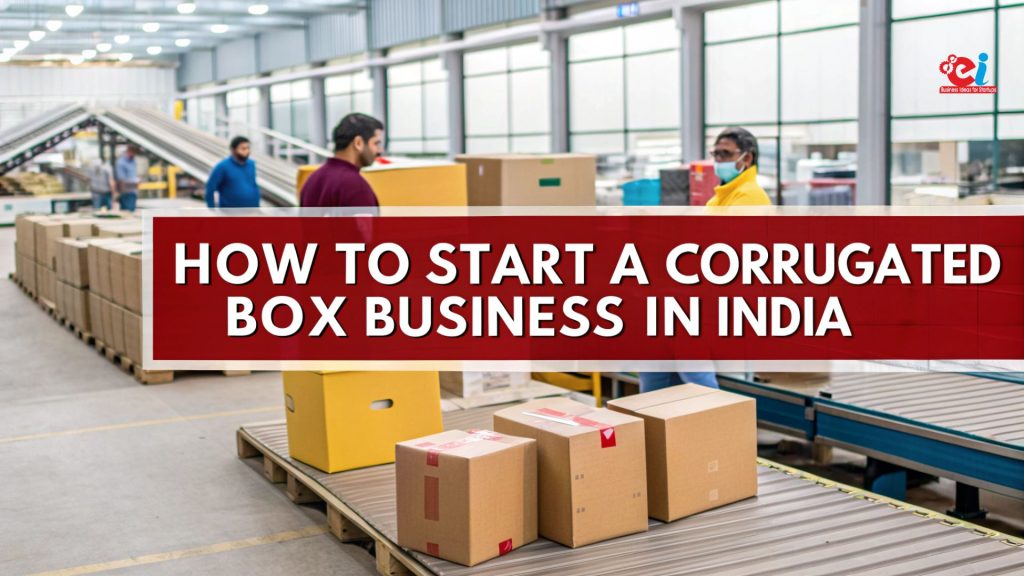
India’s startup ecosystem has always thrived on timely access to insights, trends, and entrepreneurial guidance. Business publications serve as a powerful medium to deliver curated information and real-world inspiration to aspiring founders. The January 2017 Entrepreneur India Monthly Magazine stands out as one such resource that not only offered actionable business intelligence but also reflected the pulse of India’s evolving economy. Packed with startup stories, policy updates, and sectoral overviews, the issue proved to be a valuable blueprint for innovators, MSME owners, and investors looking to understand the Indian startup landscape.
Insights from January 2017 Entrepreneur India Monthly Magazine
The magazine’s January 2017 edition provided an analytical snapshot of India’s entrepreneurial momentum as the new year began. Covering government policies, sector-specific trends, and rising business ideas, the publication helped entrepreneurs align with market realities and upcoming opportunities.
See Also – Expanded Plastics & Polymers
Focus on Emerging Startup Trends
The January 2017 Entrepreneur India Monthly Magazine delved deep into new startup models gaining traction across sectors. The issue highlighted how Tier II and Tier III cities were showing strong entrepreneurial spirit, especially in the domains of agritech, healthtech, and renewable energy.
Moreover, the edition analyzed how young founders were leveraging mobile technology, lean operations, and niche marketing to scale faster with limited capital. Subscription commerce, digital lending, and local logistics were among the top sectors profiled.
Policy Impact and Demonetization Analysis
One of the defining events of late 2016 was the Indian government’s demonetization initiative. The January 2017 issue thoroughly explored its impact on small businesses, digital wallets, and retail entrepreneurs.
As a result, the magazine emphasized the growing role of digital payment infrastructure in small businesses and urged readers to adopt fintech tools quickly. Entrepreneurs were also advised to ensure GST compliance and embrace formalization for long-term sustainability.
MSME Success Stories
A strong section in the January 2017 Entrepreneur India Monthly Magazine featured MSME case studies. These included profiles of small-scale units that had scaled operations, diversified products, or entered exports despite limited resources.
For example, one story featured a woman-led enterprise manufacturing eco-friendly bags that had secured both local contracts and international interest. Another highlighted a bootstrapped food processing company that turned regional recipes into packaged RTE food items.
Such stories served as both inspiration and roadmap for aspiring entrepreneurs looking to enter similar sectors.
Franchising Opportunities Gaining Momentum
Franchising remained a major focus area. The magazine featured brands actively expanding in India, especially in education, wellness, F&B, and laundry services. Moreover, it shared detailed guides on how entrepreneurs could evaluate franchise models, estimate ROI, and negotiate contracts.
The January 2017 Entrepreneur India Monthly Magazine encouraged new entrepreneurs to consider franchise models for lower risk and faster market access, especially in urban and semi-urban regions.
Technology Adoption in Traditional Industries
Technology was no longer restricted to IT firms. The magazine showcased how traditional businesses—like dairy farms, textile units, and furniture makers—were using ERP tools, e-commerce platforms, and social media marketing to drive growth.
In addition, it covered topics like:
-
Importance of having a digital footprint
-
Role of cloud-based inventory systems
-
Impact of online marketplaces for B2B outreach
This practical section empowered SMEs to adopt tech without high costs or complicated integration.
Women Entrepreneurs Making Headlines
The January 2017 Entrepreneur India Monthly Magazine dedicated an exclusive column to women founders breaking barriers in sectors such as fintech, lifestyle retail, and biotechnology. Moreover, the content celebrated efforts to build inclusive workspaces and encouraged female readers to explore entrepreneurship as a viable career path.
Success stories included:
-
A Delhi-based ethical fashion brand using organic fabrics
-
A Mumbai-based startup offering eldercare tech services
-
A Bengaluru biotech firm run by an all-woman team
These stories fostered both encouragement and clarity on how to secure funding, access networks, and manage operational challenges.
Sector Focus: Food Processing and Packaged Foods
Given India’s large agro-base, the magazine placed significant emphasis on food processing. Articles focused on:
-
Opportunities in RTE and RTC foods
-
Cold chain logistics and shelf-stable packaging
-
Export opportunities for organic, ethnic, and regional snacks
The January 2017 Entrepreneur India Monthly Magazine advised readers to explore value-added food segments such as dehydrated vegetables, traditional sweets, and millet-based products. Moreover, government schemes supporting agri-entrepreneurs were detailed with eligibility criteria and contact information.
Startup Funding and Angel Investment Tips
An informative section guided startups on navigating early-stage funding. The magazine offered checklists on:
-
Preparing investor-ready pitch decks
-
Building credible traction metrics
-
Understanding term sheets and equity dilution
It also provided insights from real investors on what makes a pitch stand out, especially in competitive industries like edtech and D2C beauty brands.
Business Tools and Resources
To support actionable execution, the magazine featured:
-
A startup toolkit for business planning, compliance, and branding
-
Tips on using low-cost tools like Canva, Zoho, and TallyPrime
-
Templates for invoicing, business models, and legal contracts
Such content made the January 2017 Entrepreneur India Monthly Magazine extremely practical for first-time founders and solo entrepreneurs.
Government Schemes and MSME Incentives
One of the strengths of the issue was its detailed coverage of government support systems. It decoded popular schemes like:
-
MUDRA Loans
-
Credit Linked Capital Subsidy Scheme (CLCSS)
-
Startup India and Standup India initiatives
-
Pradhan Mantri Employment Generation Programme (PMEGP)
It helped readers identify which program applied to their sector, how to apply, and where to get help. The focus was particularly strong on subsidies and support for food, textiles, and manufacturing units.
Export Potential and Global Outlook
The issue encouraged entrepreneurs to think beyond local markets. Articles on export promotion covered:
-
How to register with DGFT
-
Product certifications for international sales
-
Attending global trade fairs
-
Leveraging Amazon Global and B2B platforms like Alibaba
By analyzing export trends in processed foods, Ayurvedic products, and handicrafts, the January 2017 Entrepreneur India Monthly Magazine prepared startups to think globally and act confidently.
See Also – Animal Farming
Conclusion
In conclusion, the January 2017 Entrepreneur India Monthly Magazine served as a well-rounded guide for India’s growing entrepreneurial community. From analyzing demonetization’s impact to revealing opportunities in food processing, digital tools, franchising, and women-led businesses, the issue packed valuable takeaways. Moreover, the spotlight on government schemes, technology for MSMEs, and global expansion strategies made it relevant for startups across domains. For aspiring entrepreneurs, small business owners, and investors, this edition continues to be a timeless reference. As a result, revisiting such industry-centric publications offers not just information—but direction, inspiration, and strategic insights for future business growth.





